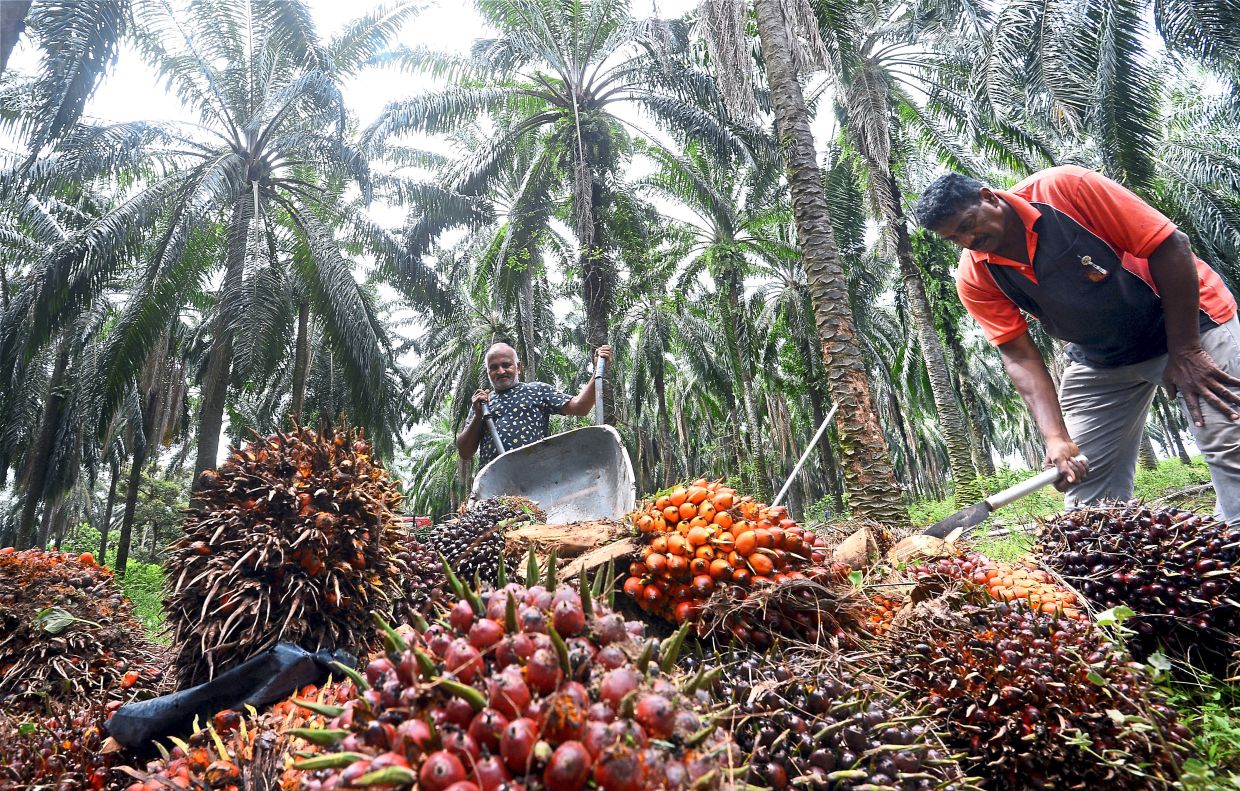Malaysia warns uncertainties, volatility in palm oil market to persist in 2023
KUALA LUMPUR: Malaysia’s palm oil board on Monday warned of a tough 2023 for the market for the world’s most consumed edible oil, with the persistence of global uncertainties in weather, geopolitics and economics that have caused wide price swings this year.
The edible oils market has grappled with volatility triggered by recession fears, Russia’s invasion of Ukraine and governments’ curbing exports to protect domestic food supplies.
Malaysia’s benchmark crude palm oil prices reached a record high of 7,268 ringgit ($1,586.21) a tonne in March, but prices have tumbled by about 40% since.
The “palm oil situation is expected to remain uncertain in 2023,” Malaysian Palm Oil Board Director-General Ahmad Parveez Ghulam Kadir said in a presentation to an online seminar.
The balance of supply and demand will be swayed by shifts in weather patterns, the labour situation, currency volatility and policy and geopolitical instability, he said.
It will not be “as easy as the past few years,” when participants were able to anticipate the market, he said.
In the near term, disruptions to palm oil supplies because of tropical storms in top producers Indonesia and Malaysia are expected to continue into the first quarter of 2023, keeping prices strong, Ahmad Parveez said.
The monsoon season is picking up in Malaysia and has triggered flooding across the country, the world’s second largest palm oil producer, over the past week.
State agency Malaysian Palm Oil Council (MPOC) said flood-related supply worries combined with a weaker ringgit would keep prices of the edible oil between 4,000 and 4,400 ringgit a tonne until the end of December.
Prices would be 3,900 to 4,300 ringgit until March 2023, and slip further to 3,800 to 4,200 ringgit in the second quarter, said MPOC Chief Executive Wan Aishah Wan Hamid.
The futures contract was trading at 4,172 ringgit ($910.52) at midday on Monday.
The MPOC forecast Malaysia’s 2022 crude palm oil production would shrink for a third year to 18.08 million tonnes, compared with 18.1 million tonnes last year. It sees Indonesia’s production rising to 46.6 million tonnes from 44.7 million tonnes in 2021. – Reuters


 Thailand
Thailand




